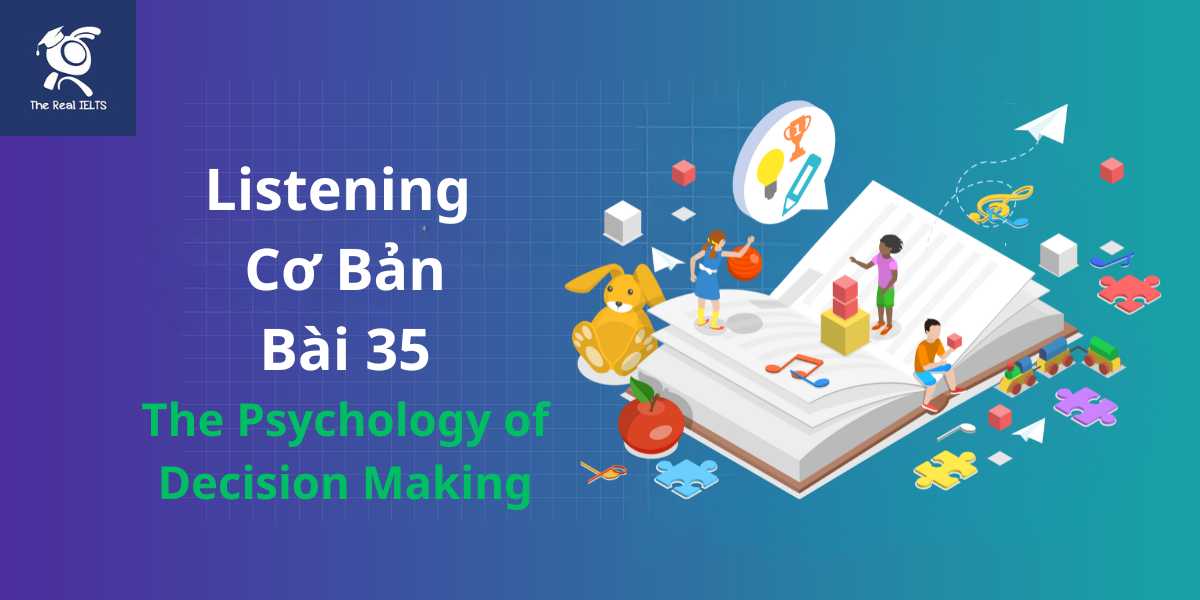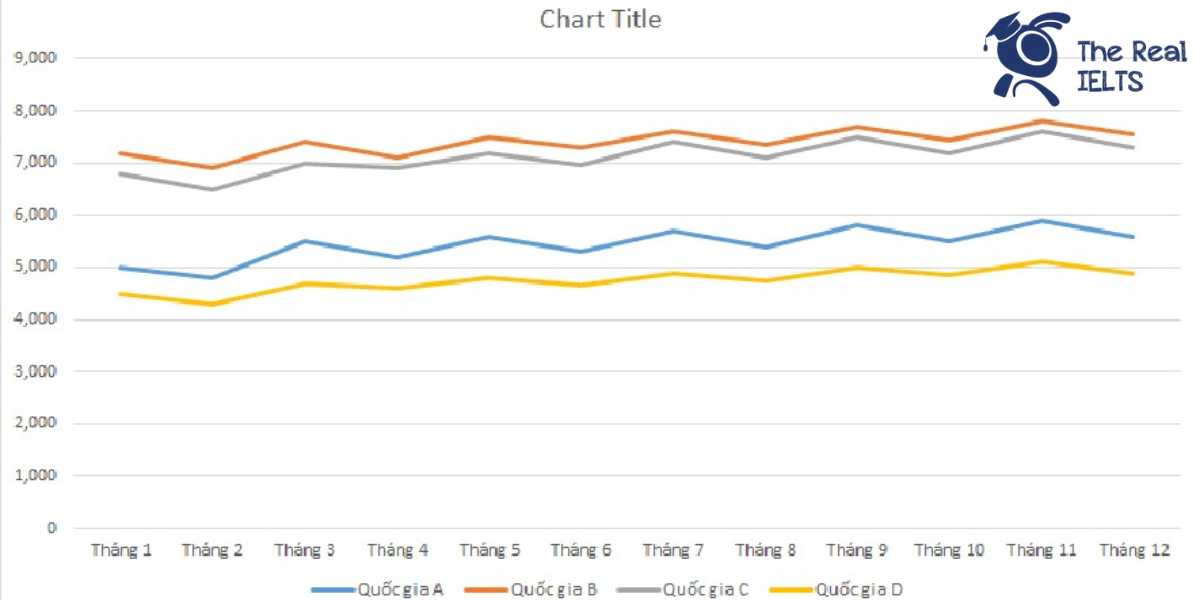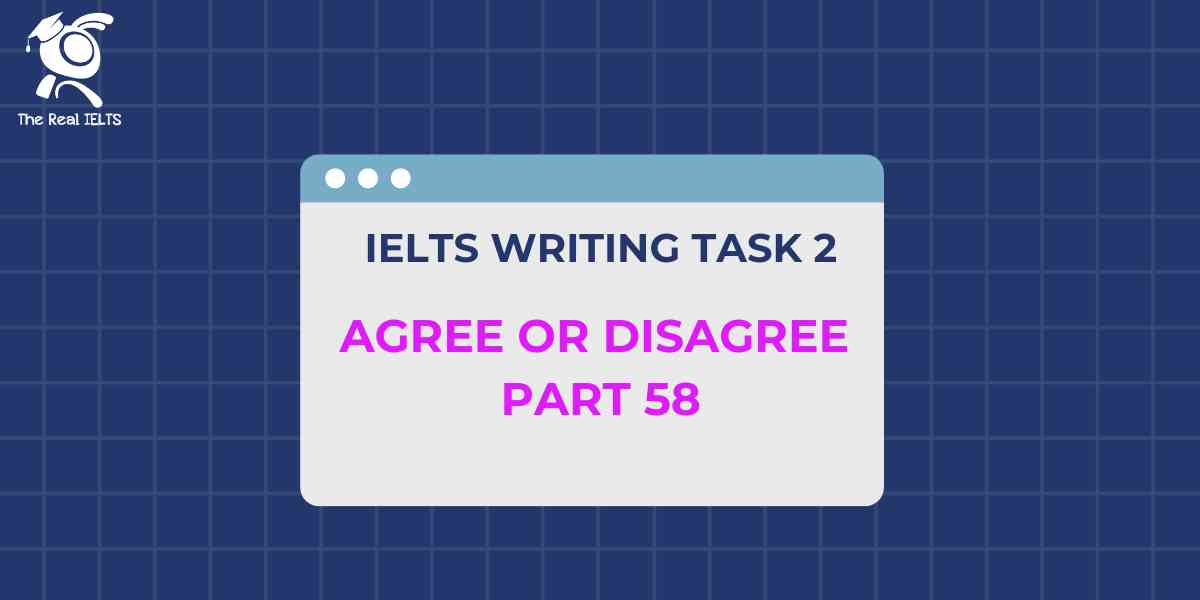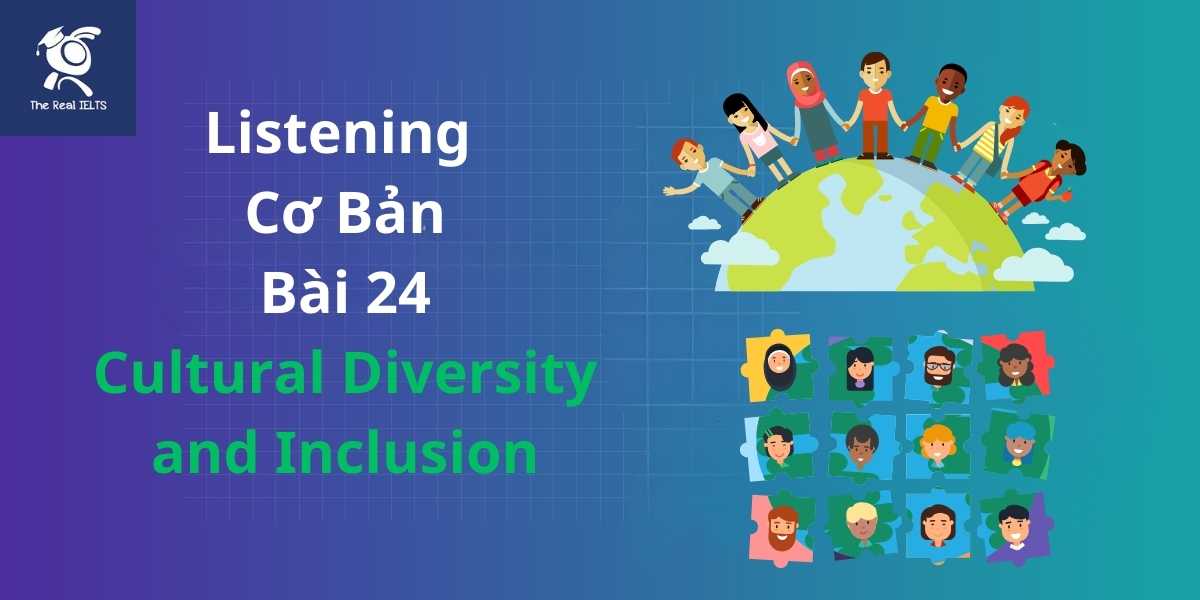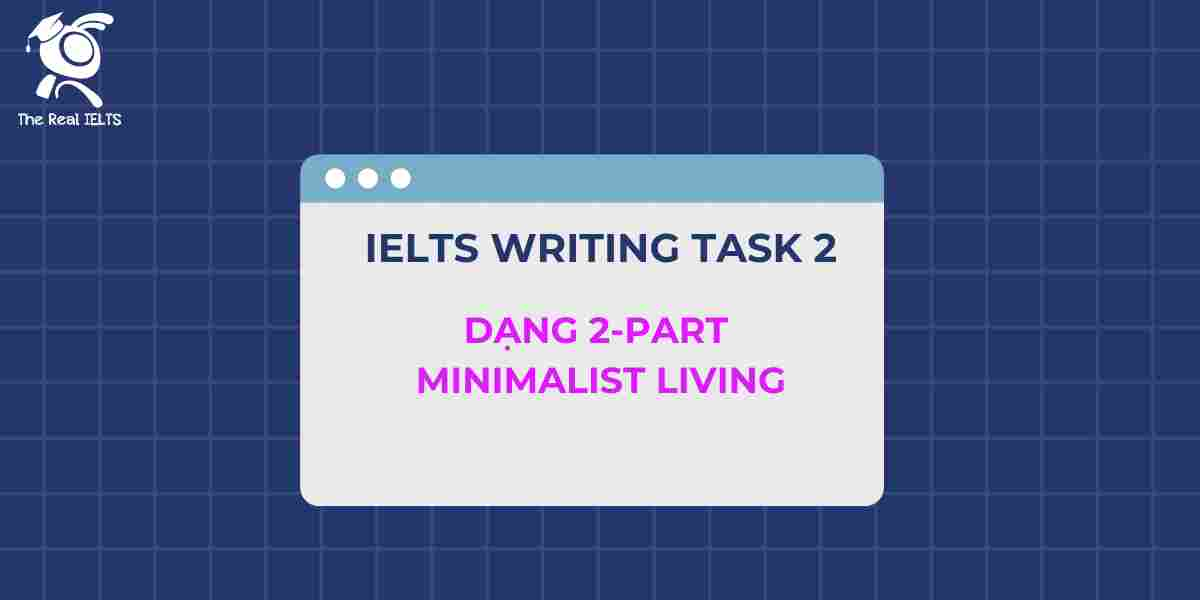Bài Listening chủ đề về tâm lý học hành vi quyết định. Chủ đề này có nhiều từ khóa chuyên ngành, hãy lắng nghe cẩn thận để trả lời câu hỏi.
Bài Listening
Questions IELTS Listening Practice: The Psychology of Decision Making
Section 1: Multiple Choice Questions
Instructions: You will hear a conversation between two students discussing their project on decision-making psychology. Listen carefully and answer the following questions.
- What is the main focus of their project?
- A) The impact of emotions on decision making
- B) The role of social influence in decision making
- C) The importance of logic in decision making
- D) The effect of fatigue on decision making
- Why do they decide to focus on this specific aspect of decision making?
- A) It has the most research available.
- B) It is a new and emerging field.
- C) It relates to their personal experiences.
- D) Their professor suggested it.
- Which method do they plan to use for their research?
- A) Conducting surveys
- B) Performing experiments
- C) Reviewing existing literature
- D) Interviewing experts
- What challenge do they anticipate in their research?
- A) Lack of funding
- B) Finding participants
- C) Time constraints
- D) Ethical concerns
- What is their next step after defining their research focus?
- A) Writing a proposal
- B) Designing the experiment
- C) Collecting data
- D) Presenting their findings
Section 2: Matching Information
Instructions: You will hear part of a lecture on decision-making psychology. Match each concept with its corresponding description.
Concepts:
- A) Cognitive Dissonance
- B) Bounded Rationality
- C) Confirmation Bias
- D) Prospect Theory
Descriptions:
- The tendency to search for, interpret, and remember information that confirms one’s preconceptions.
- The mental discomfort experienced by a person who holds two or more contradictory beliefs, values, or ideas.
- A theory that describes how people choose between probabilistic alternatives that involve risk.
- The idea that in decision making, rationality of individuals is limited by the information they have, the cognitive limitations of their minds, and the time available.
Section 3: Short Answer Questions
Instructions: You will hear an interview with a psychologist discussing factors that influence decision making. Answer the following questions in no more than three words.
- What is the first factor the psychologist mentions?
- According to the psychologist, what can excessive options lead to?
- What type of decision making does she describe as ‘quick and intuitive’?
- What does the psychologist suggest to reduce decision fatigue?
- What can help improve decision making according to the interview?
Section 4: Sentence Completion
Instructions: You will hear a talk about the stages of decision making. Complete the sentences with no more than three words.
- The initial stage of decision making involves identifying the __________.
- Gathering information helps in understanding the __________ and consequences of each option.
- Evaluating alternatives requires comparing the __________ of each option.
- Making a decision is followed by __________ the chosen option.
- Reflecting on the decision made can help in improving __________ for future decisions.
Đáp án cho bài tập nghe chủ đề: The Psychology of Decision Making
Section 1: Multiple Choice Questions
- What is the main focus of their project?
- A) The impact of emotions on decision making
- Why do they decide to focus on this specific aspect of decision making?
- C) It relates to their personal experiences.
- Which method do they plan to use for their research?
- B) Performing experiments
- What challenge do they anticipate in their research?
- B) Finding participants
- What is their next step after defining their research focus?
- B) Designing the experiment
Section 2: Matching Information
- The tendency to search for, interpret, and remember information that confirms one’s preconceptions.
- C) Confirmation Bias
- The mental discomfort experienced by a person who holds two or more contradictory beliefs, values, or ideas.
- A) Cognitive Dissonance
- A theory that describes how people choose between probabilistic alternatives that involve risk.
- D) Prospect Theory
- The idea that in decision making, rationality of individuals is limited by the information they have, the cognitive limitations of their minds, and the time available.
- B) Bounded Rationality
Section 3: Short Answer Questions
- What is the first factor the psychologist mentions?
- Number of options
- According to the psychologist, what can excessive options lead to?
- Decision paralysis
- What type of decision making does she describe as ‘quick and intuitive’?
- Heuristic
- What does the psychologist suggest to reduce decision fatigue?
- Simplifying choices
- What can help improve decision making according to the interview?
- Practice and reflection
Section 4: Sentence Completion
- The initial stage of decision making involves identifying the __________.
- problem
- Gathering information helps in understanding the __________ and consequences of each option.
- options
- Evaluating alternatives requires comparing the __________ of each option.
- pros and cons
- Making a decision is followed by __________ the chosen option.
- implementing
- Reflecting on the decision made can help in improving __________ for future decisions.
- future decisions
Audio Script
Section 1: Multiple Choice Questions
Narrator: You will hear a conversation between two students discussing their project on decision-making psychology.
Student A: So, what should we focus on for our project on decision-making psychology?
Student B: I think we should look at the impact of emotions on decision making. It’s such a critical factor.
Student A: True, but what about the role of social influence? It’s quite relevant too.
Student B: That’s a good point, but I think emotions play a more direct role in how we make decisions. Plus, I have some personal experiences that could add to our research.
Student A: Alright, emotions it is. How do we plan to conduct our research?
Student B: We should definitely perform experiments. That way, we can observe the effects directly.
Student A: Sounds good. Do you foresee any challenges?
Student B: Finding participants might be tricky, but we can start with our classmates.
Student A: Great. Let’s start designing our experiment then.
Section 2: Matching Information
Lecturer: Today, we will discuss several key concepts in decision-making psychology.
First, let’s talk about confirmation bias. This is the tendency to search for, interpret, and remember information that confirms one’s preconceptions.
Next is cognitive dissonance, which refers to the mental discomfort experienced by a person who holds two or more contradictory beliefs, values, or ideas.
Then we have prospect theory, which describes how people choose between probabilistic alternatives that involve risk.
Lastly, bounded rationality is the idea that in decision making, the rationality of individuals is limited by the information they have, the cognitive limitations of their minds, and the time available.
Section 3: Short Answer Questions
Interviewer: What factors influence decision making?
Psychologist: The first factor is the number of options available. Too many options can lead to decision paralysis.
Interviewer: Interesting. And how would you describe quick and intuitive decision making?
Psychologist: That would be heuristic decision making. It’s fast and often based on experience.
Interviewer: Any tips to reduce decision fatigue?
Psychologist: Simplifying choices and taking breaks can help.
Interviewer: What can improve decision making overall?
Psychologist: Practice and reflection.
Section 4: Sentence Completion
Speaker: When we talk about decision making, the initial stage involves identifying the problem. Gathering information helps in understanding the options and consequences of each option. Evaluating alternatives requires comparing the pros and cons of each option. Making a decision is followed by implementing the chosen option. Reflecting on the decision made can help in improving future decisions.
Học lại bài cũ: Bài tập Listening 34: Renewable Energy Technologies.


